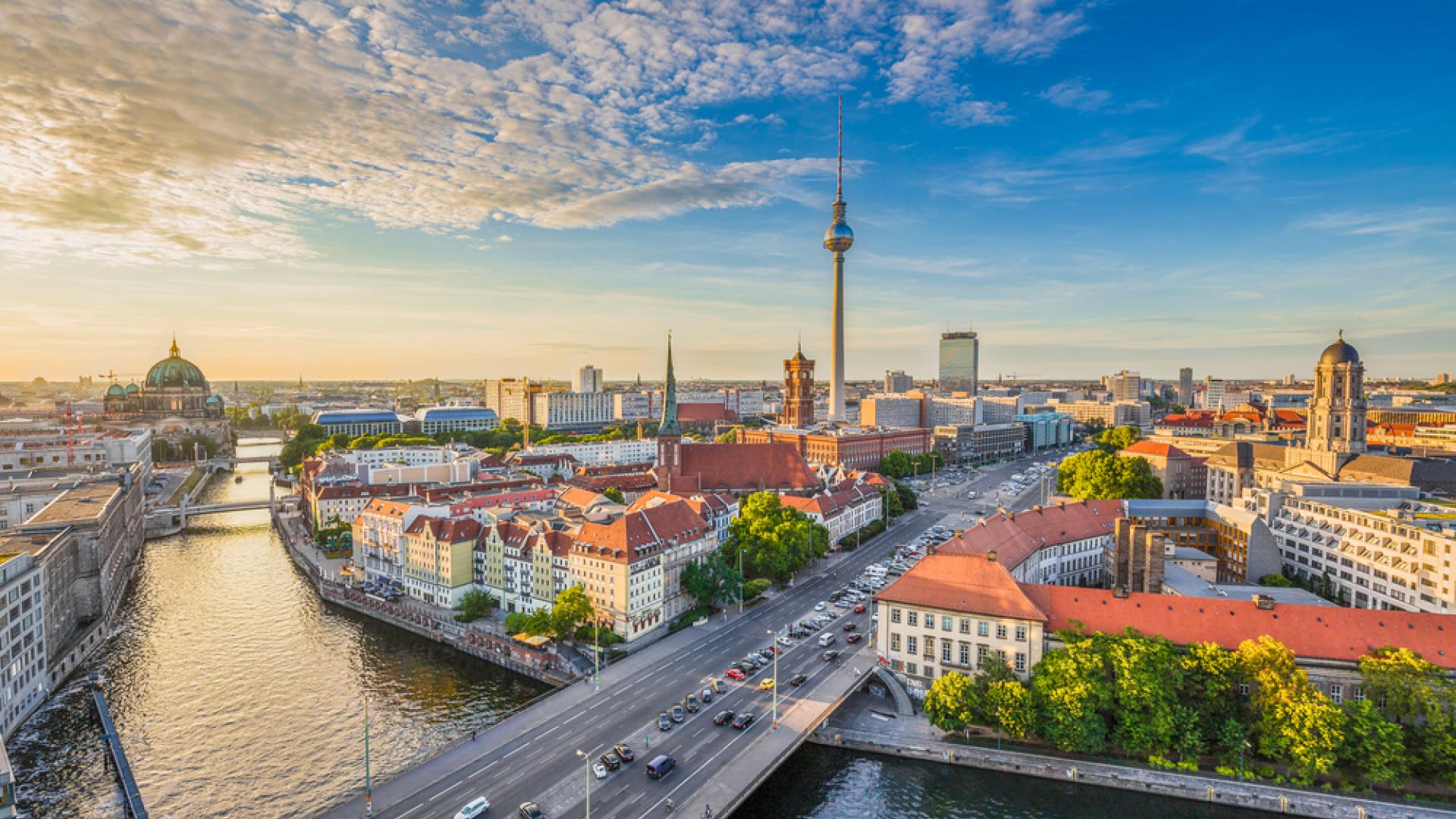Germany is encouraging a national campaign to significantly improve accessibility of travel for disabled visitors. Through a successful multi-faceted approach involving infrastructure enhancements, technological aid devices, employee training, and policy implementation, the country is endeavoring to set new standards for accessible tourism and transportation.
1. Accessible Infrastructure Enhancements
- Transportation terminals made accessible with barriers eliminated: Principal train stations, subway lines, and airports are being upgraded with facilities such as ramps, elevators, wide entrances, step-free routes, tactile flooring, and accessible waiting areas.
- Universal-access restrooms and changing facilities: New universal-access toilets and family rooms are being introduced in public transportation terminals and tourist attractions.
- Enhanced signage and tactile assistance: Wayfinding is being enhanced with large-print, braille signage, audio announcements, floor-level tactile paths for blind or low-vision passengers.
2. Preparing Public Transport for Inclusion
- Enhanced vehicle fleet: Buses, trams, and suburban trains are either being replaced or overhauled with low-floor boarding, ramps or lifts, priority seating, and wheelchair-safe space.
- Accessibility information at the touch of a button for travelers: Apps for travel and station screens now provide details such as elevator availability, tram-carriage accessibility, and possibilities for boarding assistance.
- Staff training and customer care procedures: Transport staff are given special training to assist passengers with mobility impairment, hearing or visual impairment, and cognitive or neurodiverse needs.
3. Digital Tools and Booking Support
- Accessible travel apps: Tourism and transit authority apps now have voice support, simple reservation interfaces for assistance, and access information about accessible facilities.
- Online reservation systems: Travelers have the option to pre-book wheelchair services in airports and mobility aid on railways to ensure a hassle-free time when arriving at stations.
- Virtual 360° previews: Virtual interactive tours of transport hubs and museums give users a virtual preview to assess the suitability of areas before visiting.
4. Inclusive Travel Services and Tourism Facilities
- Accessible accommodation certifications: Hotels and accommodations can be awarded national accessibility labels after checks varying from bathroom access to bed height and visual signals.
- Services for special tourism: Trained city, museum, and cultural site tours are being reengineered to include sign-language interpreters, touchable exhibition objects, and quiet-area options.
- Homogeneous support training: Hotel employees employed throughout Germany’s tourist sector undergo workshops for disability manners, functional support, and inclusive communication.
5. Legal Support and Policy Governance
- More stringent legal standards: Updated building and transportation regulations requiring accessible design for public infrastructure in new and existing construction.
- Monitoring compliance: A federal compliance agency monitors, receives, and enforces accessibility commitments throughout compliance.
- Funding incentives: Regional government and private enterprise are funded by the federal government, granted tax credits, and grant-supported to provide accessibility.
6. Giving Disabled Travelers a Hand
- National helpline and accessibility center: One multi-language helpline enables travelers to organize logistics, transit support, and emergency support.
- Accessible traveler community platform: An online forum allows disabled travelers to share reviews, travel route advice, and accessibility tips to help fellow travelers.
Why It Matters
Germany’s conscious effort aims at creating a travel environment where disability does not limit mobility. By investing in accessible infrastructure, digital innovation, training employees, and regulatory measures, Germany is leading the way in inclusive travel and accessibility for all showing a definite trend worldwide.
What Travelers Should Know
- Expect step-free access at all major transit points and tourist sites by 2026.
- Utilize official websites or apps to pre-book assistance.
- Look for national accessibility marks when booking hotels or venues.
- Ring the national disability holiday helpline for personalized guidance.








Leave a Comment